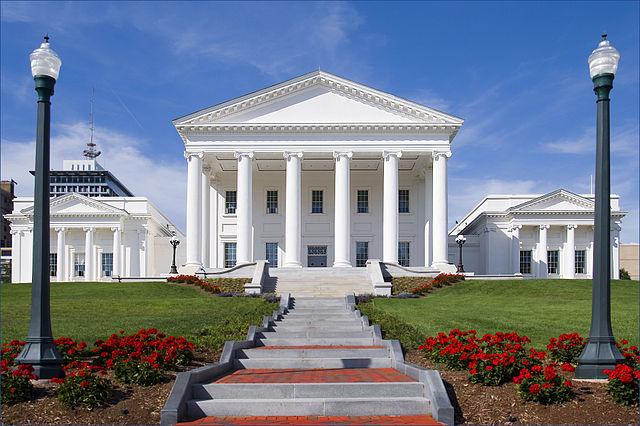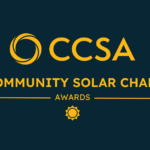A hearing this week will determine how much customers might pay for solar — and if a new program has a chance to succeed.
November 15, 2021
Just weeks after Virginia opened its first shared solar program, the outcome of a hearing this week threatens to undercut the economic initiative in the state, kneecapping it before it ever begins.
The Nov. 18 hearing in the State Corporation Commission will consider whether the commonwealth will grant Dominion Energy its proposed minimum bill, which solar advocates say would challenge the new program’s ability to serve customers at all.
“What’s at stake is the viability of the program,” says Hannah Coman, associate general counsel for Apex Clean Energy.
The shared solar law included the ability for regulators to set a minimum monthly bill that would account for the costs of implementing the system. But conflicting calculations between the law’s supporters and the utility have left a wide gulf.
“Our proposal was for a minimum bill to be under $10—essentially $7 or $8 for a residential customer,” says Charlie Coggeshall, senior analyst for the Coalition for Community Solar Access. Dominion’s proposal, on the other hand, was at least $75 and up to about $95. “It’s just so massive that it’s going to kill the level of subscriptions. It won’t make it worthwhile from a customer’s perspective and likely undermines the economics of the program completely.”
Such a high charge, solar advocates say, violates the purpose of a minimum bill and undermines the intent of the legislation that was passed in 2020.
“When it was written, the intent was that there should be a minimum bill that really covers the incremental costs of the program for the utility, and nothing more,” continues Coman. “If you went on vacation, and you didn’t use any electricity while you were gone, you would still come back and have to pay the utility $75 if you were signed up for this program, which is absurd.”
Proponents say Dominion’s proposal is an underhanded way to kill the program.
“You just don’t like the fact that there was a clean energy law for shared solar passed,” says Karl Rábago of Rábago Energy LLC, “and so you’re going to try to undermine it.”
If Virginia’s shared solar program works as intended, an ambitious 30% of project capacity is reserved for low-income customers, who stand to gain the most from the lower energy bills that shared solar would create. Even though low-income customers are exempt from the minimum bill requirements, if the rate is set too high, it would have program-wide implications.
“With a $75 minimum bill, nobody would see enough value to subscribe,” adds Rábago. “If those subscriptions don’t happen and the entrants do not come to the market to offer this service and develop these facilities, then low-income customers will not get the benefits.”
Part of the problem, says Coman, is that Dominion’s proposal doesn’t account for the grid-wide benefits of moving some customers to shared solar. “As the grid becomes more distributed, there would be less congestion on the grid.”
That, she says, would benefit all customers—not just those signed up to use solar energy. And that’s in addition to the economic and societal benefits that locally produced clean energy brings.
“Renewable energy, especially when it’s built locally in Virginia, creates jobs in Virginia,” Coman adds. “Allowing people to buy clean energy that has been generated here in Virginia is part of an open, competitive market.”
“We’re supposed to allow free markets to succeed, and we’re supposed to reward those who put their capital at risk to try to find a better way to do things,” adds Rábago. “If we let the utilities stifle these programs for no other reason than they want to monopolize power generation, then shame on us.”




